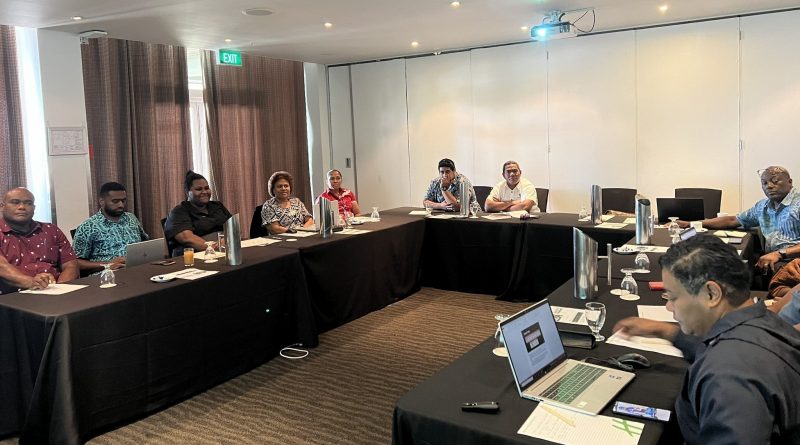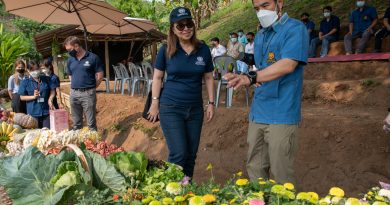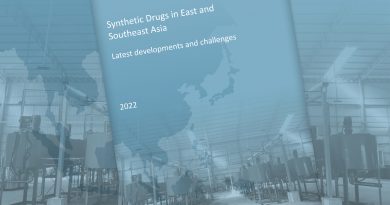Public health concerns rise as methamphetamine use increases in the Pacific
Suva (Fiji), 16 November 2023 – The synthetic drug market has continued to expand and evolve, reaching all corners of the world. Pacific island countries and territories, which are located between two of the largest drug markets, namely East and Southeast Asia and the Americas, are not immune to the challenges arising from the growth of the methamphetamine and ketamine markets and emergence of other synthetic drugs.
With support from the Government of New Zealand, the UNODC SMART Forensics programme organised a regional workshop for the Pacific on 15-16 November 2023 in Suva, Fiji, bringing together law enforcement, drug forensics, and public health experts from countries in the region to share latest developments and discuss strategies to address the drug problem.
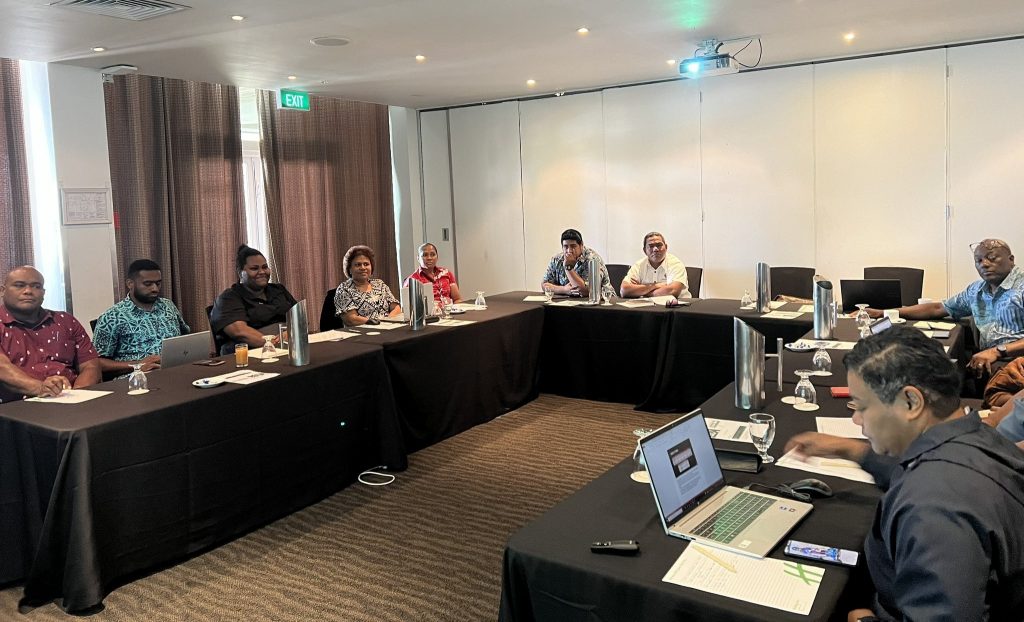
Although cannabis remains the most used drug in the Pacific, methamphetamine has risen in recent years, as reported by Samoa and Fiji. Ketamine use has also emerged in Fiji.
“In the first half of this year, we have already recorded more methamphetamine cases than in all of last year,” noted Lanieta Bainiua from the Fiji Police Force Narcotics Bureau. “We also seized a significant amount of ketamine intended for non-medical use, which previously we have not really seen in Fiji. It is clear that the drug market in Fiji is evolving and we need to recalibrate our efforts to curb the drug problem as we see new drugs emerge in the market.”
Although several countries in the Pacific have the forensic capacity to detect drugs like methamphetamine and ketamine, detection of other synthetic drugs, such as new psychoactive substances (NPS) remains limited. At the same time, limited resources and narrow legal frameworks hinder the ability of forensic laboratories to conduct more comprehensive testing of seized drug samples. Building forensic capacity of national authorities in the region is crucial to developing a better understanding of the scale of the drug problem.
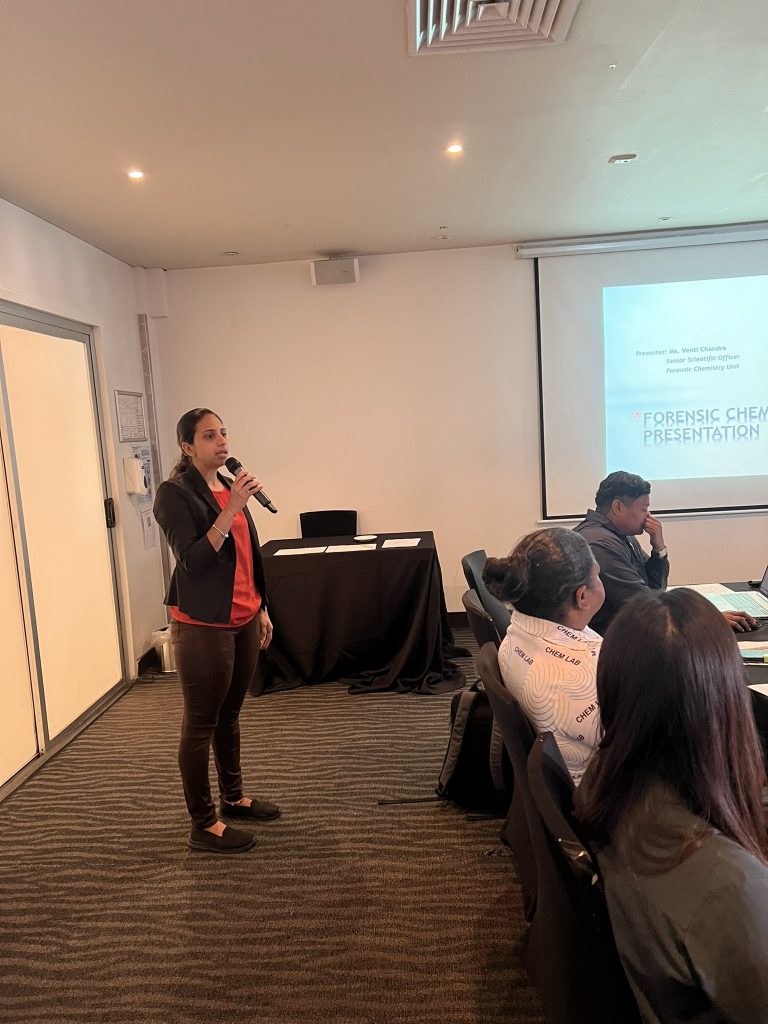
Participants noted that tackling the drug problem involves not only law enforcement and drug forensics, but also the public health sector and local communities.
The UNODC SMART Forensics programme met with representatives from Drug Free Fiji, a non-governmental organisation which works with local communities, and the Fiji Substance Abuse Advisory Council, who noted a rise in methamphetamine use in the country, especially among youth. As methamphetamine use increases in the country, with users primarily administering the drug using syringes, engaging with local communities and the public health sector is more important than ever to prevent public health crises before they occur. The number of people infected with HIV has risen in recent years, and though the causes are not clearly determined, they can be partly attributed to increasing drug use.
“We conducted a survey in select communities in 2019 and found that one in three children are drug peddlers,” said Kalesi Volatabu, Founder of Drug Free Fiji. “In recent years, we’ve also observed more young people, including schoolchildren, using methamphetamine, typically sharing one syringe among five people.”
The UNODC SMART Forensics programme will continue working with countries in the Pacific in taking a multidimensional approach, including through promoting regional and interregional cooperation, developing science-informed health responses, and strengthening narcotic and forensic capacity to address the growing complexity of the drug problem in the region.
Click here to learn more about UNODC’s work to address drug and precursor challenges in the region
Click here to learn more about UNODC’s Global SMART Programme

